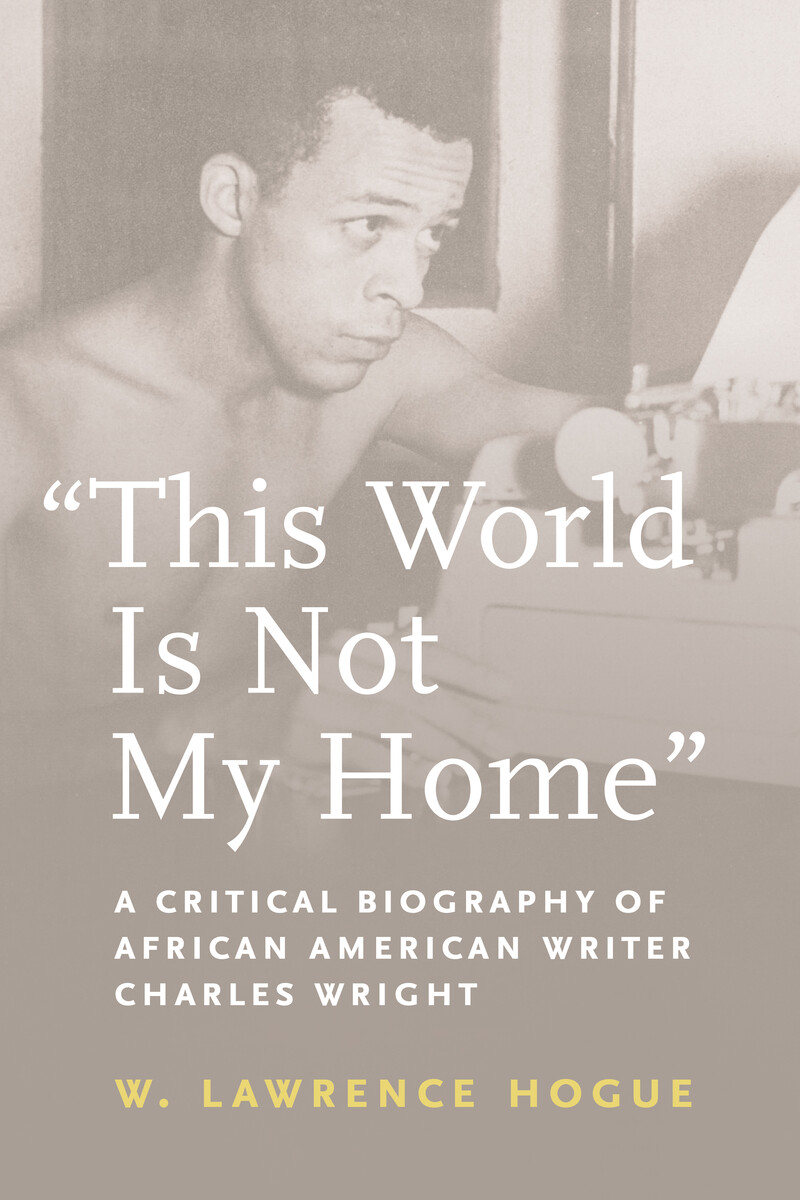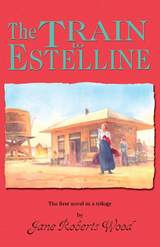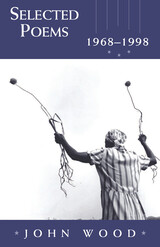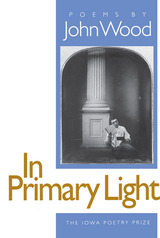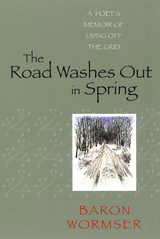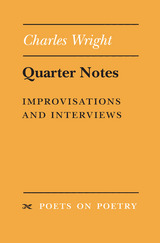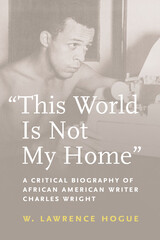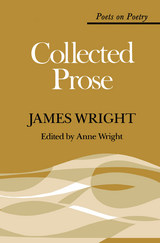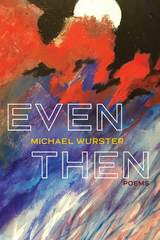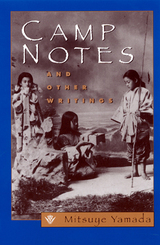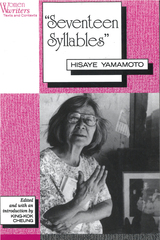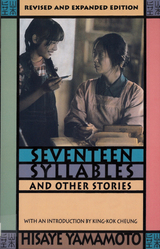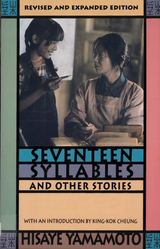Cloth: 978-1-62534-708-4 | Paper: 978-1-62534-707-7 | eISBN: 978-1-68575-008-4
Library of Congress Classification PS3573.R532Z68 2023
Dewey Decimal Classification 813.54
In the 1960s, Charles Wright’s (1932–2008) star was on the rise. After dropping out of high school and serving in the Korean War, the young Black writer landed in New York, where he was mentored by Norman Mailer, signed a book deal with a leading publisher, and was celebrated by the likes of Langston Hughes and James Baldwin.
Over the decades to follow, Wright would lead a peripatetic and at times precarious life, moving between Tangier, Veracruz, Paris, and New York, penning a regular column for the Village Voice, living off the goodwill of his friends, and battling addiction and, later, mental health issues. As W. Lawrence Hogue shows, Wright’s innovative fiction stands apart, offering a different vision of outcast Black Americans in the postwar era and using satire to bring agency and humanity to working-class characters. This critical biography—the first devoted to Wright’s significant but largely forgotten story—brings new attention to the writer’s impressive body of work, in the context of a wild, but troubled, life.
See other books on: 1932-2008 | African American authors | Critical Biography | Hogue, W. Lawrence | Wright, Charles
See other titles from University of Massachusetts Press
